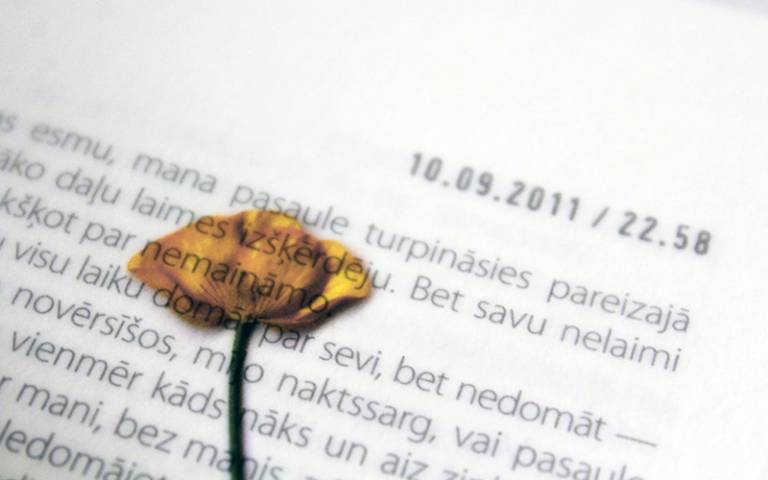On poetry after Auschwitz: critical theory and the case for creative education
29 January 2020, 5:30 pm–7:15 pm

“To write poetry after Auschwitz is barbaric” – or is it? The case for creative education posits that the way we engage with creative works has a direct educational bearing on our more general capacity to imagine, engage, and perceive.
Event Information
Open to
- All
Availability
- Yes
Organiser
-
Alison Brady
Location
-
Room C3.12UCL Institute of Education20 Bedford WayLondonWC1H 0ALUnited Kingdom
Theodor Adorno famously wrote that “to write poetry after Auschwitz is barbaric”. Often misread as judging cultural endeavours as irrelevant in the wake of mass genocide, Adorno was instead attempting to establish a new categorical imperative; namely, that in every aspect of our lives we should unremittingly ensure that the horrors of Auschwitz are never repeated.
Following Adorno’s epistemology and social theory, Jack Bicker (UCL Institute of Education) argues that the way we engage with creative works has a direct educational bearing on our more general capacity to imagine, engage, and perceive ourselves, the world, and others whose claims to dignity too often go unrecognised.
Links
About the Speaker
Jack Bicker
Senior Teaching Fellow in Philosophy and Education Studies at UCL Institute of Education (IOE)
Jack was previously a Teaching Associate in Philosophy and Creativity at the University of Cambridge, and has spent ten years leading education projects in both music and theatre performance, alongside work in publishing and media production. Philosophically, Jack is interested in tracing the relationship between German idealism, 20th century critical theory, and more contemporary philosophers and psychoanalysts working on questions of rationality, identity, liberation, creativity and political imagination.
More about Jack Bicker Close
Close

